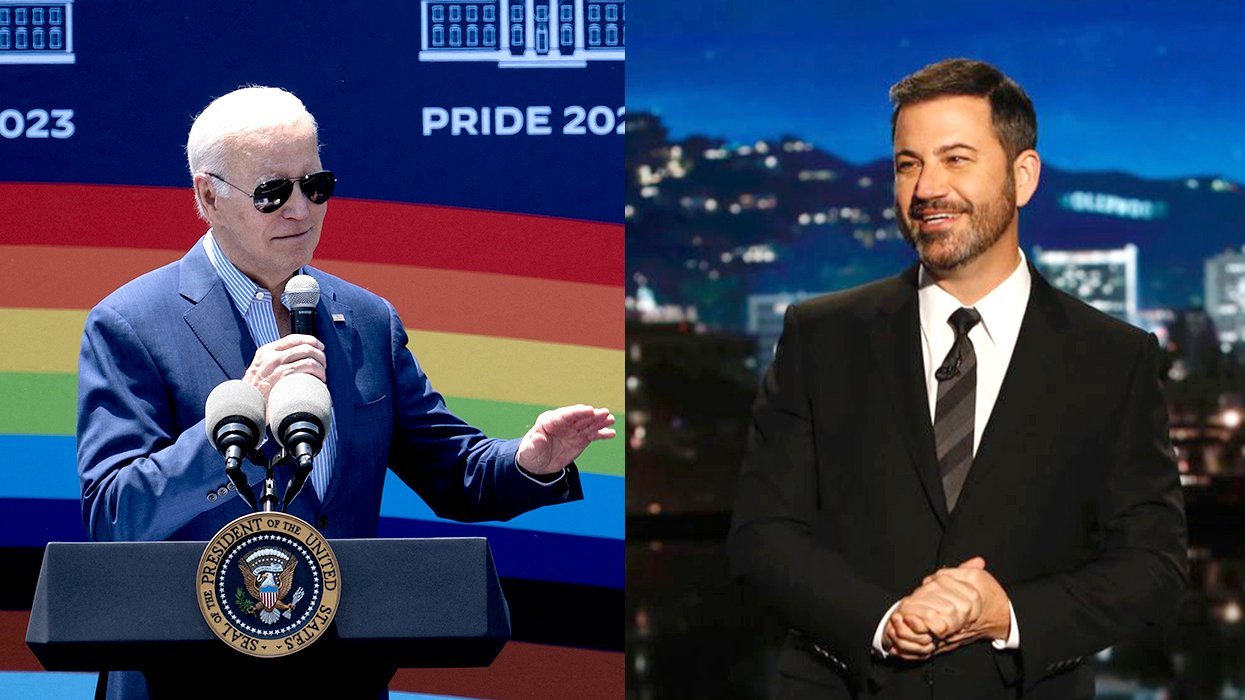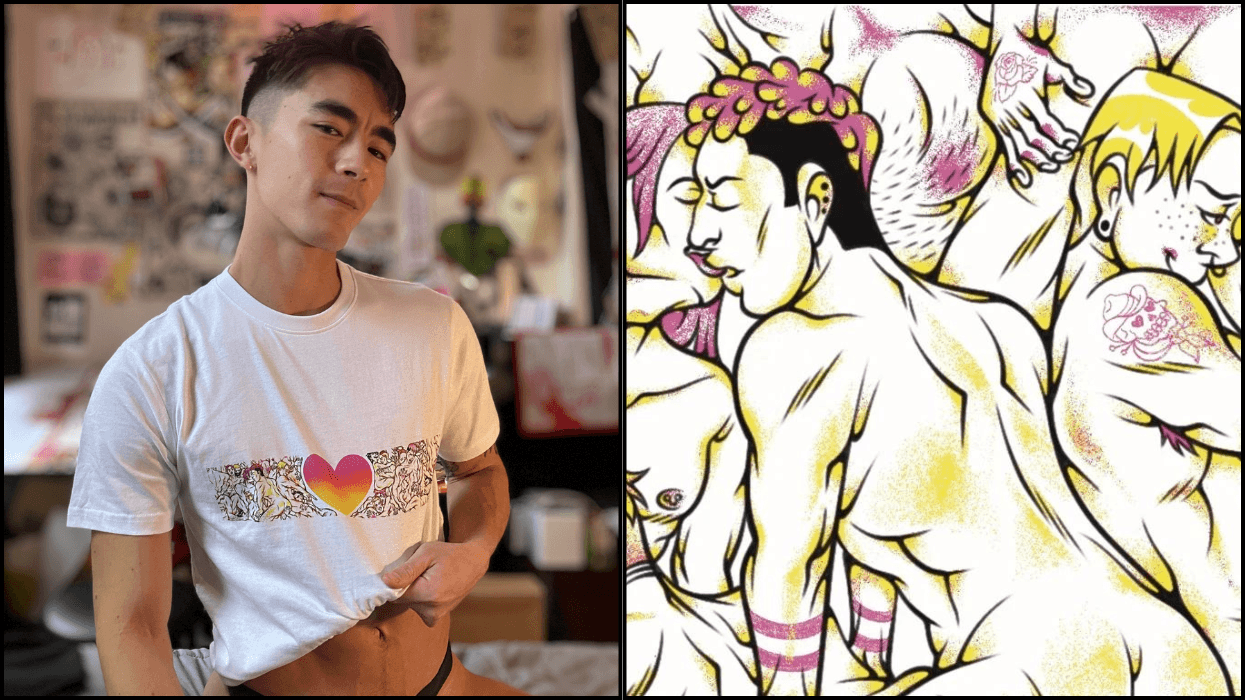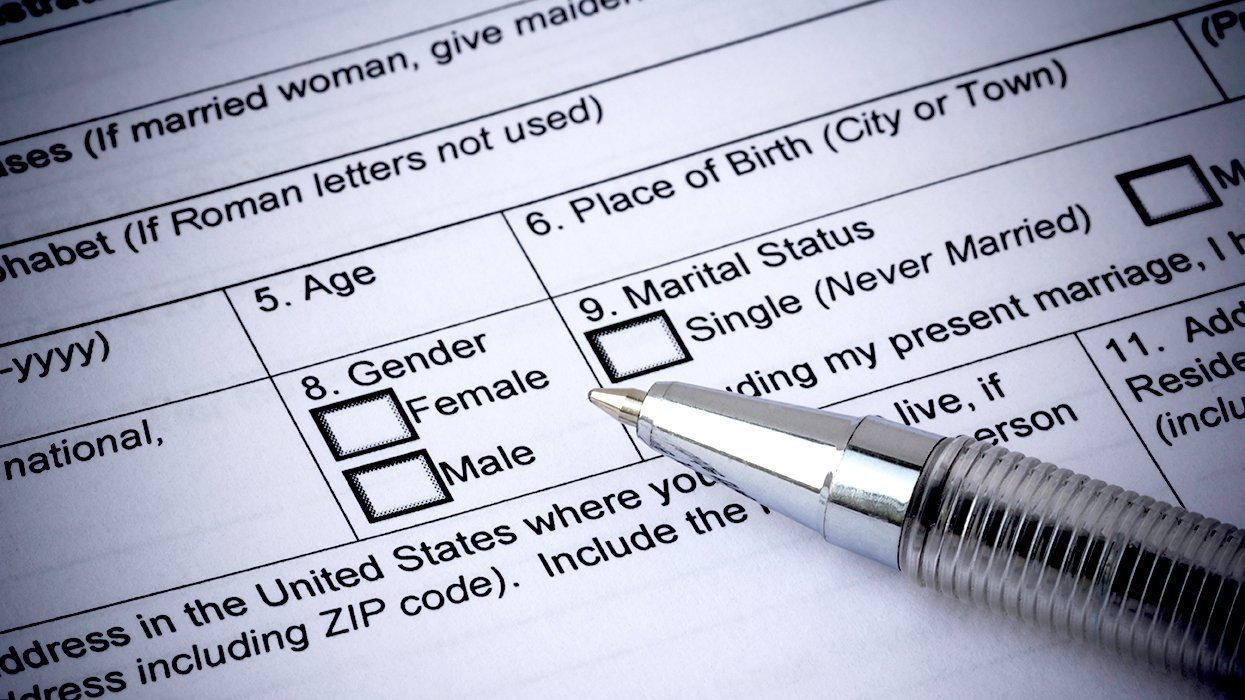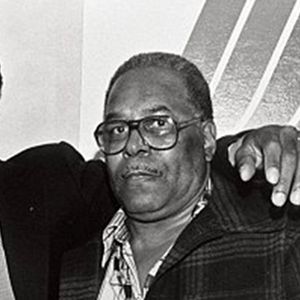Divisive issues
like same-sex marriage that spurred voter turnout in
2004 and helped decide the U.S. presidency will be back
with a vengeance for midterm elections in November.
This time they could shift the balance of power in the
Senate, an outcome with broad implications for the
remaining two years of President Bush's term, and could
affect governors' races in states certain to be part
of the presidential battleground landscape in 2008.
Ballot initiatives that would define and
restrict marriage, raise the minimum wage, ban
affirmative-action hiring, and endorse embryonic
stem-cell research are among the measures that have been
gaining the necessary signatures to earn spots on the
November 7 ballot in several states.
Those issues could bring out more voters in
states such as Missouri, Ohio, and Montana, where the
results of competitive Senate races could determine
whether Republicans keep majority control or Democrats break
the Republican lock on Congress.
"Initiatives tend to shape turnout substantially
in nonpresidential elections," said Elizabeth Garrett,
director of the Initiative and Referendum Institute at
the University of Southern California.
On Election Day in 2004, a presidential year,
initiatives on same-sex marriage and civil unions were
on the ballot in 11 states. Two states, Louisiana and
Missouri, had approved bans earlier in the year. Bush
benefited as religious conservatives, a key element of the
Republican base, turned out to vote and helped him
defeat Democratic senator John Kerry.
Analysts and academics who have studied election
results say initiatives in midterm elections are about
twice as likely to increase turnout by a few
percentage points as measures on the ballot in presidential elections.
"One or two initiatives on the ballot during
these [midterm] elections may be sufficient to
stimulate increased participation, especially if the
measures concern salient or controversial policy
questions, such as gay marriage or affirmative action,"
wrote Caroline J. Tolbert of Kent State University and
Daniel A. Smith of the University of Florida in the
March 2005 issue of American Politics Research.
Absent the cacophony of the presidential
campaign, the ballot initiative issues often become
the focal point of Senate or governor campaigns. "When
they're on the ballot, it means the candidate can't ignore
them," Garrett said.
In Missouri, a ballot measure on stem-cell
research has complicated the reelection campaign of
Republican senator Jim Talent, who is in a tight race
with Democratic state auditor Claire McCaskill. The
initiative would guarantee that any federally allowed
stem-cell research or treatments can occur in Missouri.
The conservative Talent had backed a federal
bill to criminalize the cloning of human embryos. He
recently dropped his support for that bill but has not
taken a stand on the ballot initiative. McCaskill supports
the measure.
Kristina Wilfore, executive director of the
liberal Ballot Initiative Strategy Center, said
activists on her side recognize that initiatives are
electoral tools that could drive voter turnout, a factor she
said conservatives clearly see too. "In 2006, these
initiatives speak to the struggle in this country to
define the role of government," Wilfore said. (AP)



















































































